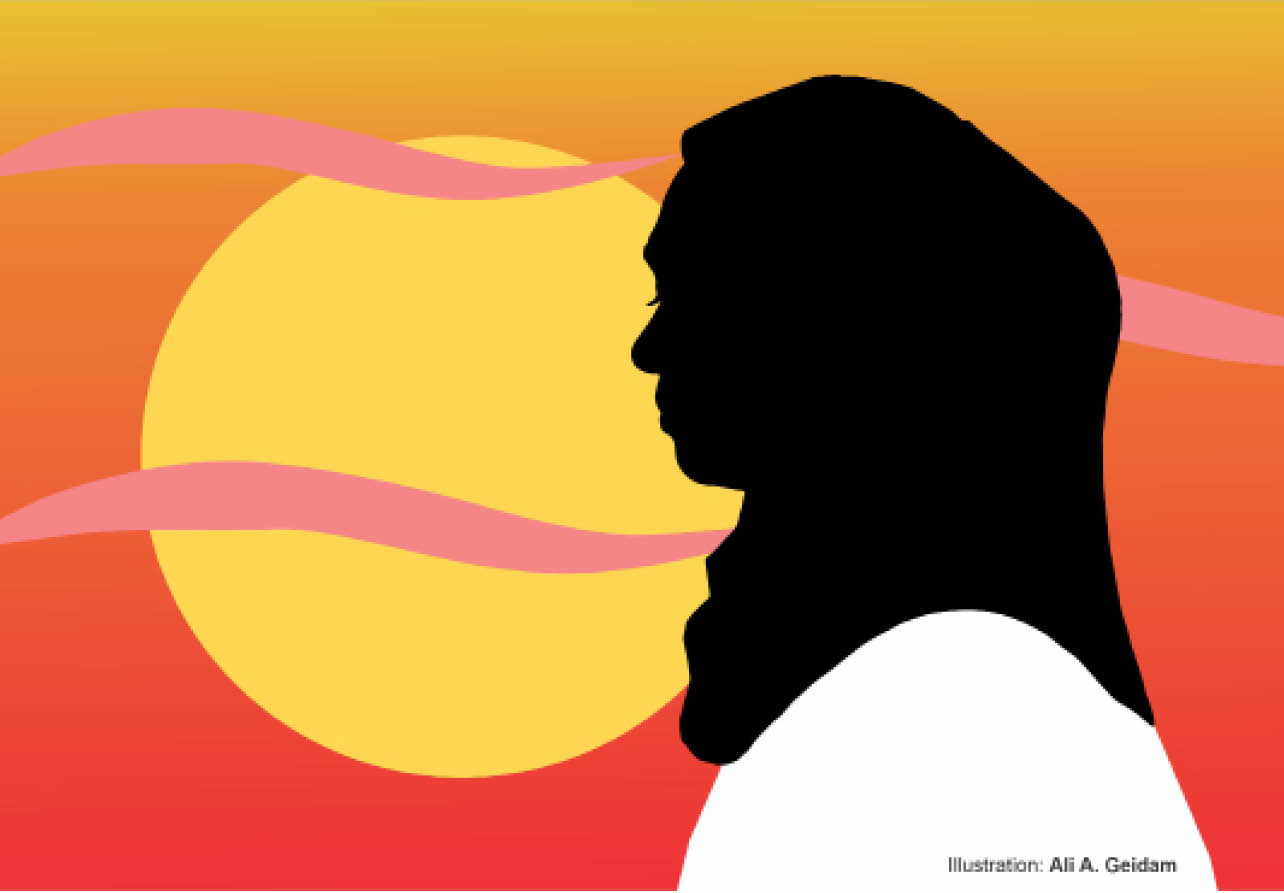And on Wednesday, the 22nd of May, 2024, the judge spoke. There, from the hallowed chamber of the high court premises, the judgment was read. The judge held, in part, as follows: “…the refusal of International School, Ibadan, to disallow female Muslim students from wearing hijab on their school uniform, is wrong, unconstitutional, null and void.”
While large sections of the Muslim populace heaved a sigh of relief, somebody sought to know whether that judgment has brought the seemingly never-ending disquiet or rather brouhaha over the permissibility or otherwise of the usage of the hijab in Nigeria’s public sphere to an end. In other words, beyond that catholic declaration that gave relief to Muslim students at the Staff School, University of Ibadan, the question remains as urgent and important as ever: would there ever be an end to the threat to the hijab? Would Muslim women in Nigeria ever be at peace once they put on their hijab?
I respond as follows: there shall be an end to the threat against the hijab when a new revelation, a new Ayat – a new symbol, a new communication from the Almighty – the celestial, impinges on our world, the terrestrial. But you and I know this for a fact – that there is not going to be a new revelation anymore. No. There shall be no new prophets. My reference to Prophets here is strictly based on the Islamic epistemology, not based on other traditions where prophethood has become a self-imposed vocation, where anybody, no matter how inglorious a pedigree he possesses, could still self-identify as a ‘Prophet’.
But in the very impossibility of the emergence of new Prophets lies the simple but hard fact about the hijab – there shall be no end to the excoriation, the abomination and the hatred of the hijab by the other. I say this based on two arguments- the theological and the psychiatric or mental. Theologically, my referential text is there in Quran 2:120. Here our Creator says that there is not going to be an end to the hatred of the non-Muslim for Islam, for Islamic monuments, for Islamic heritage and the hijab. Indeed, the discourse of the Almighty in that portion of the Quran begins with the article ‘Lan’- which means ‘never’. He says, never shall the Jews and Christians be pleased with you until you follow them; until you abandon your heritage for theirs. Q5:48
- Muslim doctors launch N50m appeal fund for hospital projects in Gombe
- UK district gets first female Muslim mayor
But the second argument, which I have labelled psychiatric or mental, is pathetic and ironic. There are however several levels and layers to that condition or reality. These include the mental aversion for the hijab that proceeds from ignorance; ignorance of what Islam is, its ethics and ethos, its values and precepts. In the classical period, the Arabs were acutely aware that humans naturally detest, abhor, and may likely abominate what they have no knowledge about. This explains why at the advent of Islam, acquisition of knowledge operates at the core of Muslim identity formation. The law in Islam therefore considers it to be a virtuous act that the believer makes to reach that point of discernment at which he can make informed opinions about others.
The second locale from which the abomination of the hijab is usually birthed is simply that in which the Muslim female garment is seen as a metaphor for what the other does not desire to see or experience. In other words, for those who hate Islam, the mere sight of the hijab even on the head of a toddler becomes a metaphor for that identity that they negate. The hijab reminds them of their lost paradise, of a heaven their soul craves but to which they desire not to venture into. The hijab awakens them to their weakness, to the slippages of their spirituality, to the existence of a stronger theological discourse for which they can hardly find a compeer in their religious tradition.
Perhaps more importantly, the sight of the hijab in locales previously dominated by the other generates, though without any valid warrant, a sense of foreboding and danger in the other who becomes afraid and intimidated by the semiotics of the Muslim female garment- that Muslims are there, in those spaces, in ‘their’ spaces of privilege and influence where none but those who profess faiths like theirs are expected to find favours. Thus, whenever your sister comes under attack and intimidation, respond to the attack with pity and empathy. Or how else might you relate to somebody who is manacled in the abyss of ignorance and luxuriate in the jejune nostalgia for a past when their fathers were the sole bearers of the crown while your forebears used to wait by the door for the crumbs that they left behind on their tables of plenty and plenitude.
But there are some among our patriots who hate and abominate the hijab simply because the garment shields their gazes away from feasting on women’s nudity. In their world and fantasies, the best and the most beautiful woman is she who bares her chastity for the world to feast upon. Thus, whenever he sees a Muslim woman, wrapped in accoutrements of modesty, barricaded, as it were from the infelicities and iniquitous invasion and intrusion of the reprobate, he becomes angry and animated. The hijab therefore ceases to be an ordinary garment. Rather, it becomes a weapon; an armour of modesty, an impenetrable shield for him to penetrate or liquidate.
Let them not cease their war against the hijab. Indeed, they cannot; they would not.

 Join Daily Trust WhatsApp Community For Quick Access To News and Happenings Around You.
Join Daily Trust WhatsApp Community For Quick Access To News and Happenings Around You.

